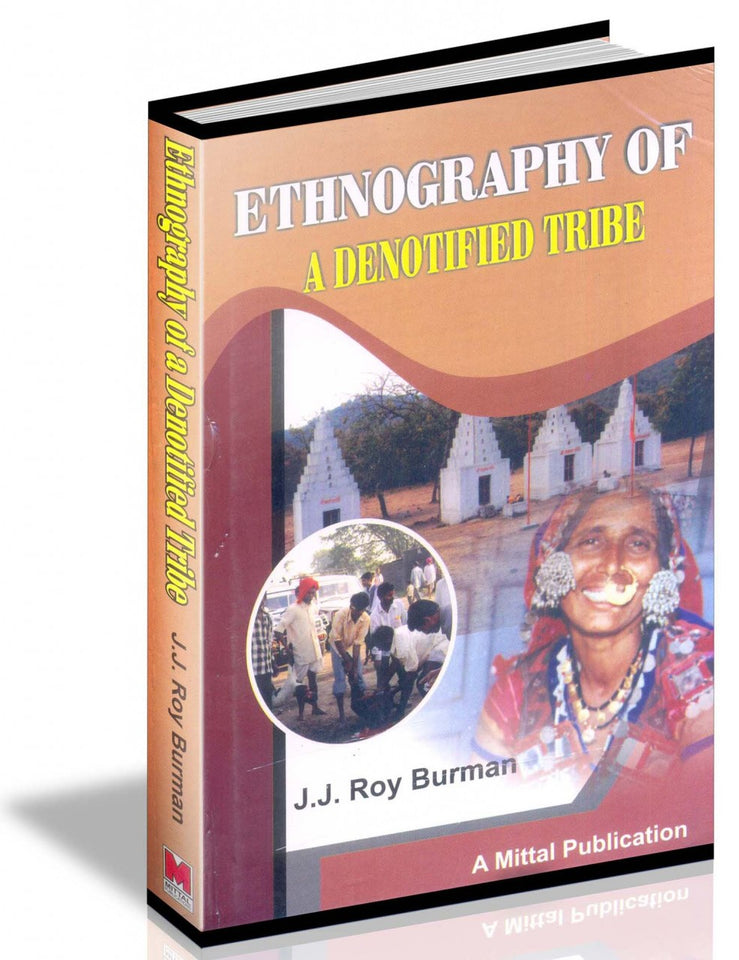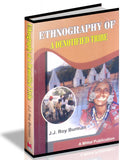Ethnography of A Denotified Tribe
Regular price
Rs. 695.00
During the British colonial period many of the nomadic, semi-nomadic tribes and peripatetic groups received a severe jolt owing to the rules imposed upon them. Their loss of control over forests and lands caused severe alienation from the society and traditional livelihood system. This compelled many of them to take to theft, robbery and other crimes. They were one of the first groups in India to oppose the colonial rule and were branded as 'Criminal Tribe'. Many other sedentary groups and people belonging to Hindu high castes too were similarly branded after opposing the British. The traditionally nomadic Laman Banjaras trading in salt and merchandise similarly faced severe crisis with the advent of roadways and railways and were forced to lead a criminal life. This book presents an ethnographic account of the Laman Banjaras of Maharashtra. The book Contains: Introduction - The Concept of Ex-criminal Tribes - Laman Banjaras - Culture - Religion - Economy - Social Organisation - Health Care, Disease and Treatment - Social Problem - Controversy of Scheduled Tribe - Social Change and Conclusion. In the post-independence period along with other Ex-Criminal Tribes, they have been put under the category of Denotified Tribe. In Maharashtra they are popularly known to fall within the category of VJNT. While some of the Lamans have prospered in life, the majority of them are still languishing in a state of utter poverty - though they have been able to overcome the tag of criminality to a large extent.
J.J. Roy Burman (b.1955) is primarily an anthropologist having done his post-graduation from North Bengal University in Sociology and Social Anthropology. Immediately after obtaining the degree, he worked on the impact of counter-insurgency among the Mizos in Mizoram as a Fellow of Centre for Research in Rural and Industrial Development, Chandigarh. After living there in a village for about one year he joined Help Age India as Project Advisor for East and North-East India. After almost eight years of direct contact with social work and social engineering, he joined Tata Institute of Social Sciences, Mumbai as a member of the Faculty. Right now as a Professor, he is attached to the Centre for Exclusion and Inclusive Policies, TISS. Apart from teaching Anthropology, Roy Burman also carries out research mainly on the problems in rural areas. Tribes, forests, environment, popular religions have been his main areas of interest. He is the first person in India to have done Ph.D. on the Socio-political Dimensions of Sacred Groves. He has widely travelled in the tribal and forest areas of the country. He has published four books and several articles in academic journals.
Guaranteed Safe Checkout





